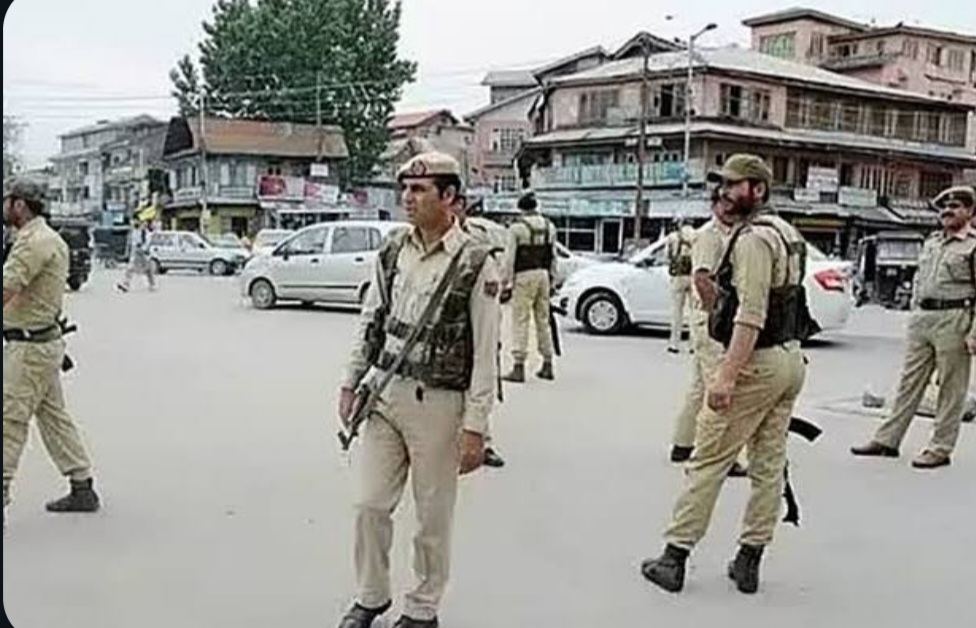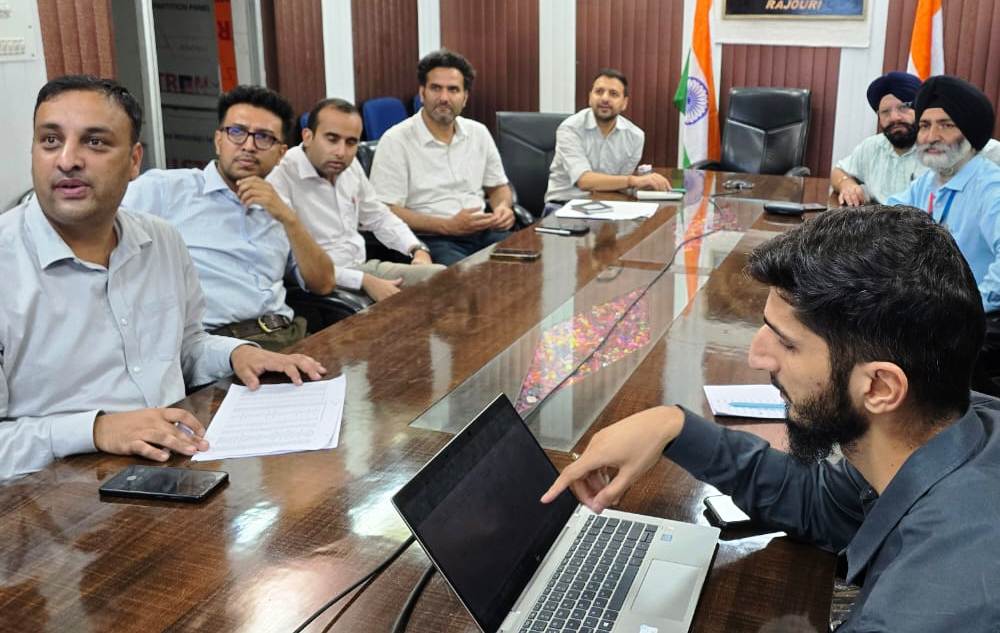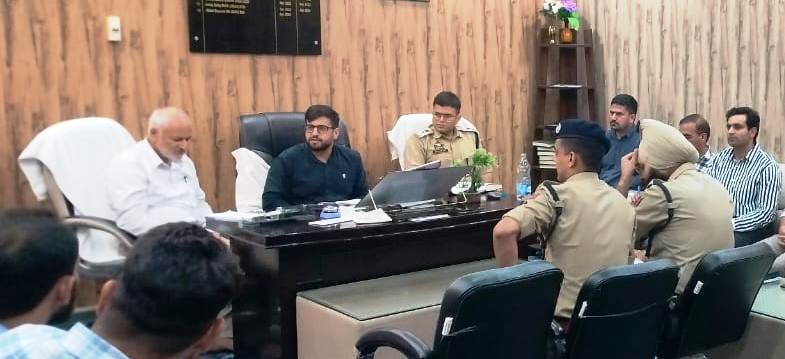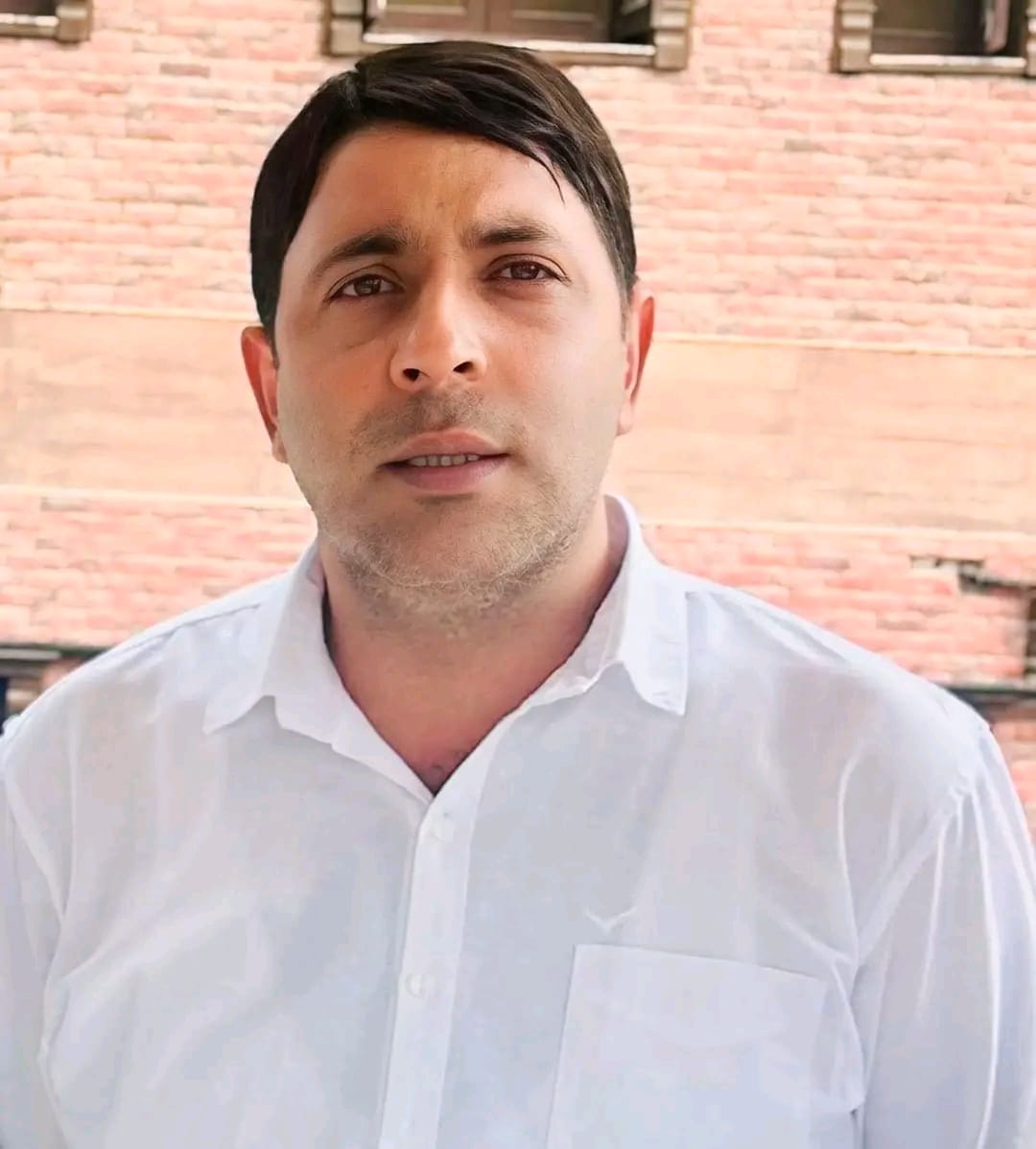GNS ONLINE NEWS PORTAL
Bashaarat Masood
SRINAGAR NOVEMBER 28:–Defending its action, the police said it was not “merely about raising pro-Pakistan slogans” but about the “full context”, including “intimidating” and “terrorising” those who disagreed, and “normalising an abnormal”.
Facing criticism for the arrest of seven students under the Unlawful Activities (Prevention) Act (UAPA), the Jammu & Kashmir Police on Tuesday said it had invoked a “softer provision” of the anti-terror law.
Defending its action, it said it was not “merely about raising pro-Pakistan slogans” but about the “full context”, including “intimidating” and “terrorising” those who disagreed, and “normalising an abnormal”. “This abnormal and false thing is practiced mostly on the back of separatist and terrorist networks,” the J&K Police said.
The seven students of the Veterinary Sciences faculty at the Sher-e-Kashmir University of Agricultural Sciences and Technology (SKUAST), at Shuhama in central Kashmir’s Ganderbal, were arrested on November 20, the day after the World Cup final, following a complaint filed by another student.
The complainant had alleged that the students had abused and threatened to shoot him for supporting India during the match. They also raised pro-Pakistan slogans, “which created fear amongst the students from outside the UT of J&K,” the complaint claimed. With former chief ministers Omar Abdullah and Mehbooba Mufti criticising the action, the J&K Police, in a statement on Tuesday, said: “It is not merely about raising pro-Pakistan slogans. It is about the full context in which the sloganeering took place. These slogans, as has usually been the case with select few bullies, were aired to intimidate those who disagreed and also to identify and vilify those who choose to keep a distance.”
“It is also about normalising an abnormal: that everyone hates India (as different from the government of the day and party in power) ‘openly’. This abnormal and false thing is practiced mostly on the back of separatist and terrorist networks. In other words, the aim is not airing personal preference of a particular sporting team. It is not about dissent or freedom of expression. It is about terrorising others who may be nourishing pro-India feelings or anti-Pakistan feelings or disagreeing. There were written complaints to evidence this,” the statement said.
“The second aspect is: application of the right law. Section 13 of UAPA is about inciting, advocating and encouraging separatist ideology. It is not about planning, aiding and executing actual terror acts. It classifies such actions as unlawful. In contrast to other provisions of the Act, it is a softer provision of the Act,” it said.
Under fire for arrest of 7 students, J&K Police says ‘softer provision’ of UAPA invoked
Defending its action, the police said it was not “merely about raising pro-Pakistan slogans” but about the “full context”, including “intimidating” and “terrorising” those who disagreed, and “normalising an abnormal”.
Jammu and Kashmir Section 13 of the UAPA deals with inciting or advising any unlawful activity and is punishable with seven years’ jail. (Representational/ File)
Criticising the police action, Mufti sought Lt Governor Manoj Sinha’s intervention. “When they claim that the situation here is normal, why so much fear and paranoia (just because) some students have celebrated the victory of Australia… You can’t control the hearts and minds of people through guns. You will have to win their hearts and minds. How many of them will you put in jail? … you can put people in jail but how can you control an idea,” she said.
“The youth face the brunt of oppression. If he is a journalist, you book him under UAPA – you just saw after how many years Fahad (Shah) came out,” she said.
“I don’t agree with what these students did. But having said that I also do not agree with the way police have handled this case. This will not decrease ‘dil ki duri’ as envisaged by the Prime Minister,” Omar Abduallah was quoted as saying by PTI. He added that















 Users Today : 170
Users Today : 170 Users Yesterday : 160
Users Yesterday : 160